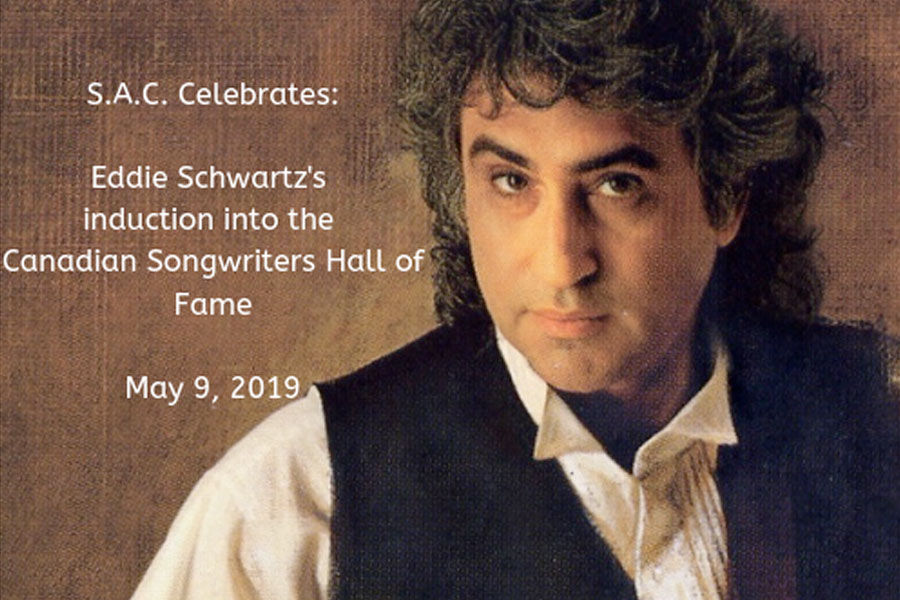Farewell, Jo Jo Bennett
Jo Jo Bennett, one of the first people to record soul records in Toronto, who went on to make reggae an integral part of the city’s live music, passed away August 3 at 81.
At the dawn of the 1980’s, Toronto was still coming of age as a reggae music hub. While the city was an early adapter when it came to folk, rock and later punk music, reggae was slower to cross over to downtown stages.
In England, reggae was swept up in the punk wave as part of the soundtrack to youth rebellion, but that popular sentiment didn’t catch on to the same extent on these shores.
The U.K. had The Slits, The Police, UB-40, and the whole Two Tone scene, bringing up reggae vibes with great commercial success. In Toronto it took a few more years and a few more Jamaican musicians showing up here to bring reggae front and centre of our live music scene.
Toronto’s Bamboo Club on Queen Street helped tons of performers cross over musically in all directions. Local musicians, both home grown and from afar established a creative and thriving music scene. With the Horseshoe down the block and the Cameron House just west of Spadina, Queen West had arrived. The Sattalites kept reggae music bubbling through some key years in Toronto’s growth as a music city on the global stage.
There were likely only a few fans during the Bamboo days who were aware of Bennett’s Toronto soul records from the ‘60s. By the time Jo Jo Bennett first arrived here at Expo 67, he was a seasoned horn player and a Dragonaire. The Kingston-born Bennett enrolled at the legendary Alpha Boys School when he was 10, to study jazz and theory. He started on drums and came out playing flugelhorn and trumpet. He joined the Jamaican military band as lead trumpeter, but left to play the north coast of the island, despite attempts by touring orchestras to recruit him. Byron Lee and the Dragonaires, the biggest band around the Caribbean, succeeded in hiring Bennett. They recorded a few albums together (the Dragonaires were prolific in the studio) and toured the Caribbean and beyond. To Canada. After playing Expo 67, Bennett stayed on in Montreal and made his way west to Toronto.
Here he set up Jojo and the Fugitives and his own Fugitive record label, which released a few long lost singles, two of which are on the excellent “From Jamaica to Toronto” album, “Fugitive Song” and “Chips Chicken Banana Split.” “Canteloupe Rock” and a few other singles weren’t on the album, and there are a few obscure Trojan Records’ singles credited to the band. They played regularly around town, particularly at the now legendary West Indian Federation Club.
He returned to Jamaica in 1969, recording more singles and releasing his only studio album in 1970, Groovy Joe. The album contains a few sublime instrumentals like TITLE FOR THE ONE I LIKE and his most popular cut, “Leaving Rome.” He played on records and stages before returning to Toronto in the mid-1970’s.
Depending on the source, Bennett established his Bunjo label in 1976 or ’79, once back in Toronto. The label released music by him and friend Fergus Hambleton, and a few others.
Bennett and Hambleton met in a backing band supporting reggae singers Cornell Campbell and Tony Tuff, and the two teamed up. Bennett’s instrumentals and Hambleton’s smooth singing seemed like a potentially successful mix, and The Sattalites were born, almost.
The band actually started as a PWYC music school, in 1981. Students could test their live performance strength on stage, and the band grew from there.
Within a few years The Sattalites recorded their first of 6 albums and won a couple of Junos along the way. The self titled debut came out in 1985 on the Solid Gold label, itself riding high with The Good Brothers. The Sattalites had their biggest successes with smooth covers of vintage soul hits “Give Me Some Kind of Sign” and “Too Late to Turn Back Now,” the former getting regular MuchMusic airplay.
The band won Juno awards in 1990 and 1996 for Best Reggae Recording. While their final release “Reggaefication” came out in 2003, the band played on. Bennett found time to teach, mentor and motivate, earning him nicknames like “teach.” Jojo and The Satallites held things down until 2014, when he stepped back from the stage. Their last show together was in 2019 at The Orbit Room.
Bennet suffered multiple stroked in recent years from which he seemed to recover, but his health deteriorated rapidly this summer. His friend Blair Moody found it difficult to see this, but Bennett seemed ready to depart this life. Blair explained to CBC “he’s a Rastaman. He said ‘I’m checking out, I know that’ and he refused all medical interventions, basically due to his beliefs.”
Bennett was born July 3 1940 and left us August 3. He leaves seven children, eleven grandchildren and three great grandchildren.
Here are some choice Jojo Bennett moments on Youtube.
Erik Twight @VeritableInfusion, proprietor of Basil’s Books & Vinyl and Freelance Writer specializing in current affairs, history, photography, and music. He produces a weekly podcast/radio show on CIUT.fm (89.5FM Toronto) arranged thematically and with commentary.



